About Community Development Training Institute (CDTI) Tengeru
| General Information | |
|---|---|
| Institution Type | Community Development Training Institute – CDTI |
| Location / Region / District | Arusha / Arumeru |
| Distance from District Commissioner | Not Available |
| Accreditation | Full Accreditation |
| National Technical Awards Levels | NTA Level 7- 8, |
| Number of Students | , |
The TICD (formerly known as the Community Development Training Institute; CDTI-Tengeru) was legally established in the year 1963 and later re-established in the 2013 under the name Tengeru Institute of Community Development (TICD) under the Tengeru Institute of Community Development Establishment order, 2013. The Institute was formally managed under the Ministry responsible for Community Development since its establishment. In 2013, the URT parliamentary resolutions endorsed official operationalization of the TICD establishment order, 2013 that granted the TICD an autonomous status.
The earlier operations of the Institute (1960s) were focused on offering orientation programmes to extension officers to equip them with skills necessary for catalysing communities’ actions. Simultaneously, the Institute offered further formal trainings for the Certificate in community development award and in the early 1980’s advanced diploma programmes were introduced.
In the year 1995, Advanced Diploma in Community Development and later (2003) Gender and Development and Participatory Project Planning and Management programmes were introduced with the intention of producing experts with advanced skills in respective fields. In response to the labour market needs, in the 2008 the Institute phased-out the advanced diploma programmes and introduced degree programmes which are currently offered. The TICD also offers Post Graduate Diploma programmes since 2012.
Location of TICD
Tengeru Institute of Community Development is located in Arumeru District of Arusha Region.
Three (3) kms from the Arusha-Moshi Highway, after a 16 kms drive from the Arusha City Centre.
Our neighbour institutions include LITA-Tengeru, HORT Culture Tengeru, PEST Control, Tengeru Primary School and SEED Testing Unit
Courses offered at Community Development Training Institute (CDTI) Tengeru
Tengeru offers a Bachelors Degree in; Community Development, Gender and Development and Project Planning and Management for a duration of 3 years each
Academic Programs
The academic year for the institute start in the second week of October every year and ends around the end of July each year
Courses Currently Offered by this Institute Include
– Bachelor of Arts in Community Development with bias in Community Programmes Management (BACD)
– Bachelor of Arts in Community Development with bias in Participatory Project Planning and Management (BAPPM)
– Bachelor of Arts in Community Development with bias in Gender and Development (BAGD)
Basic Technician Certificate of Community Development (BTCCD)
Programme objectives
To equip candidates with knowledge and skills to enable them to become effective change agents who will have the capacity to collaborate with other extension staff to spearhead development at grass root level.
Programme duration
The Basic Technician Certificate of Community Development programme is designed to take two semesters (one academic year) each semester consisted of 16 weeks.
In their second semester of the study, students are subjected to a field practical training on specific aspects related to community development at the end of which are required to submit a fieldwork report.
Admission requirements
Applicants for Certificates programmes (NTA Level 4) must have a form IV certificate with at least 4 passes in relevant subjects.
Ordinary Diploma of Community Development (DCD)
Programme objectives
To equip candidates with knowledge and skills to enable them to become effective change agents who will have the capacity to collaborate with other extension staff to spearhead development at grass root leve
Programme duration
The Ordinary Diploma of Community Development programme is designed to take four semesters (two academic years) each semester consisted of 16 weeks.
In their second year of the study, students are subjected to a practical research work on specific aspects related to community development at the end of which are required to submit a report for partial fulfilment of the requirements for the Ordinary Diploma of Community Development.
Admission requirements
Applicants for Diploma programmes (NTA Level 5&6) must have completed a certificate programme (NTA Level 4) in a relevant field.
They must have a CSEE with at least four passes in relevant subjects.
Admissions
Admission Requirements for Degree in Community Development
The minimum admission requirement for the diploma programme is based on the standards set by NACTE. In this respect, the eligible applicant shall be
– Holders of Advanced Certificate of Secondary Education (A.C.S.E.E) with at least two (2) principal passes, OR One principal pass with two subsidiaries, and/or
– Holders of Certificate in Community Development (National Technical Awards – Level 5 or 6 or any other equivalent National Technical Award) with a minimum of second class certificates.
Admission of Transferred Students Degree in Community Development at this Institute
Students from other CDTI are who wish to join at Tengeru CDTI for respective awards should apply to the coordinator of studies through their respective Institutes administration. Each transferred student shall be required to pay fees prior to registration
Eligibility
The center admits trainees of any race, colour, sex, or ethnic Background and any disabled person. The rights and Privileges, programs, and activities are generally accorded or made available to all trainees without any form of Discrimination. However, it is recommended that the successful Applicants should seek the assistance of students’ counselors on admission.
| Contact |
|---|
| Principal, Community Development Institute – Tengeru (CDTI) P.O. Box 1006, Arumeru Tel: +255 (027) 3337 Fax: +255 (027) 3383 Email: info@cdti.ac.tz |
Check Tengeru TICD – CDTI Examination Results 2020 Click here


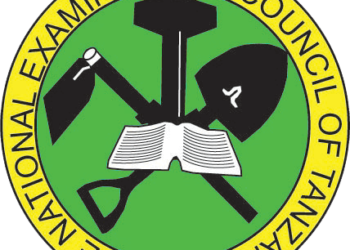
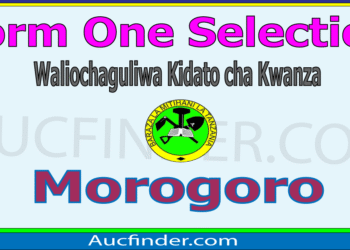
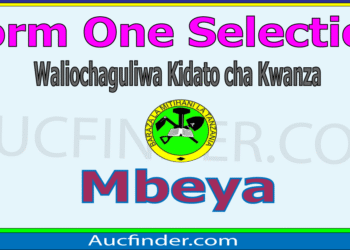
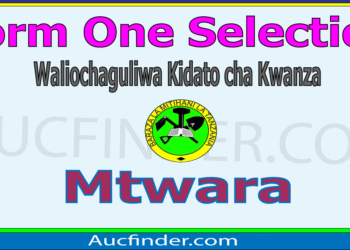
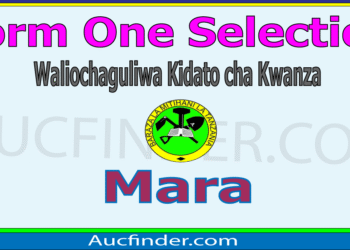
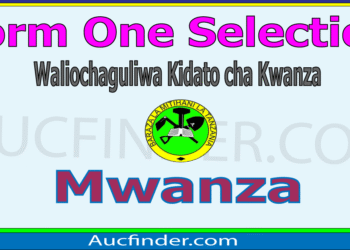
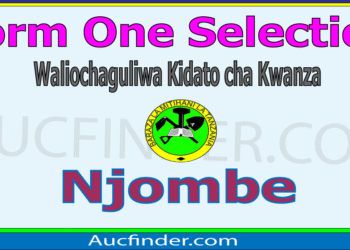
Discussion about this post